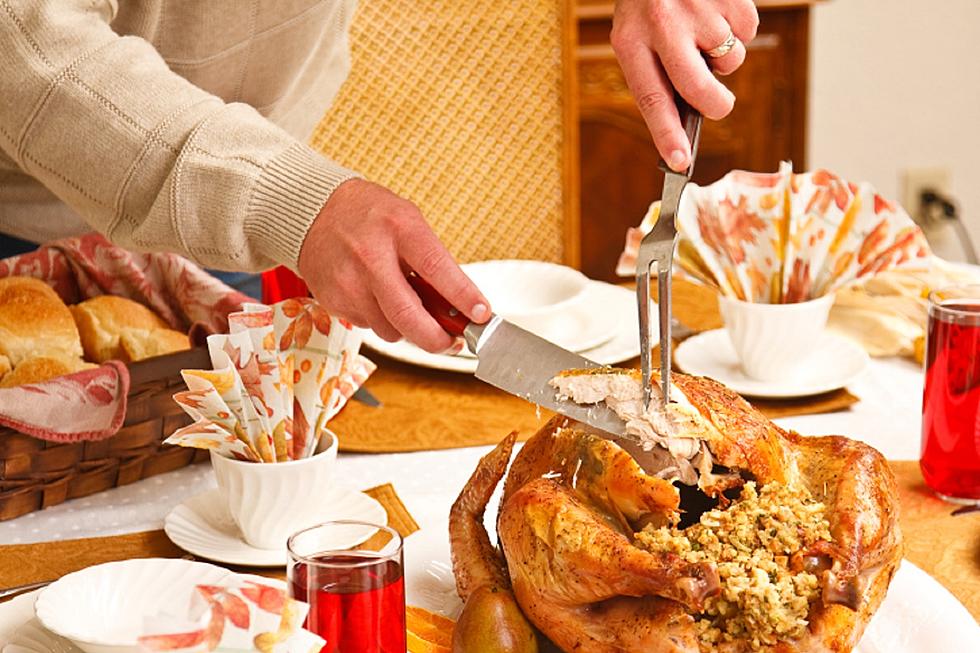
Learn About Your Family Health History This Thanksgiving
Whether you know a lot about your family health history or only a little, take time to talk to your family about their health histories this holiday season. It might not be easy. Your family members might not be used to talking about their diseases or might not want to talk. But starting the conversation is important. Remember, you’re asking not just for your own health, but for the health of everyone in your family.
Here are some tips on how to collect your family health history from the CDC.
- 1
Talk To Your Family
Write down the names of your close relatives from both sides of the family: parents, siblings, grandparents, aunts, uncles, nieces, and nephews. Talk to these family members about what conditions they have or had, and at what age the conditions were first diagnosed. You might think you know about all of the conditions in your parents or siblings, but you might find out more information if you ask.
- 2
Ask Questions
Ask questions. To find out about your risk for chronic diseases, ask your relatives about which of these diseases they have had and when they were diagnosed. Questions can include:
- Do you have any chronic diseases, such as heart disease or diabetes, or health conditions, such as high blood pressure or high cholesterol?
- Have you had any other serious diseases, such as cancer or stroke? What type of cancer?
- How old were you when each of these diseases or health conditions was diagnosed? (If your relative doesn’t remember the exact age, knowing the approximate age is still useful.)
- What is your family’s ancestry? From what countries or regions did your ancestors come to the United States?
- What were the causes and ages of death for relatives who have died?
- 3
Record The Information
My Family Health Portrait, a free web-based tool, is helpful in organizing the information in your family health history. My Family Health Portrait allows you to share this information easily with your doctor and other family members.
- 4
Share Health Histroy
Share your health history with your doctor and other family members. If you are concerned about diseases that are common in your family, talk with your doctor at your next visit. Even if you don’t know all of your family health history information, share what you do know. Family health history information can help your doctor decide which screening tests you need and when those tests should star
More From Cat Country 107.3










